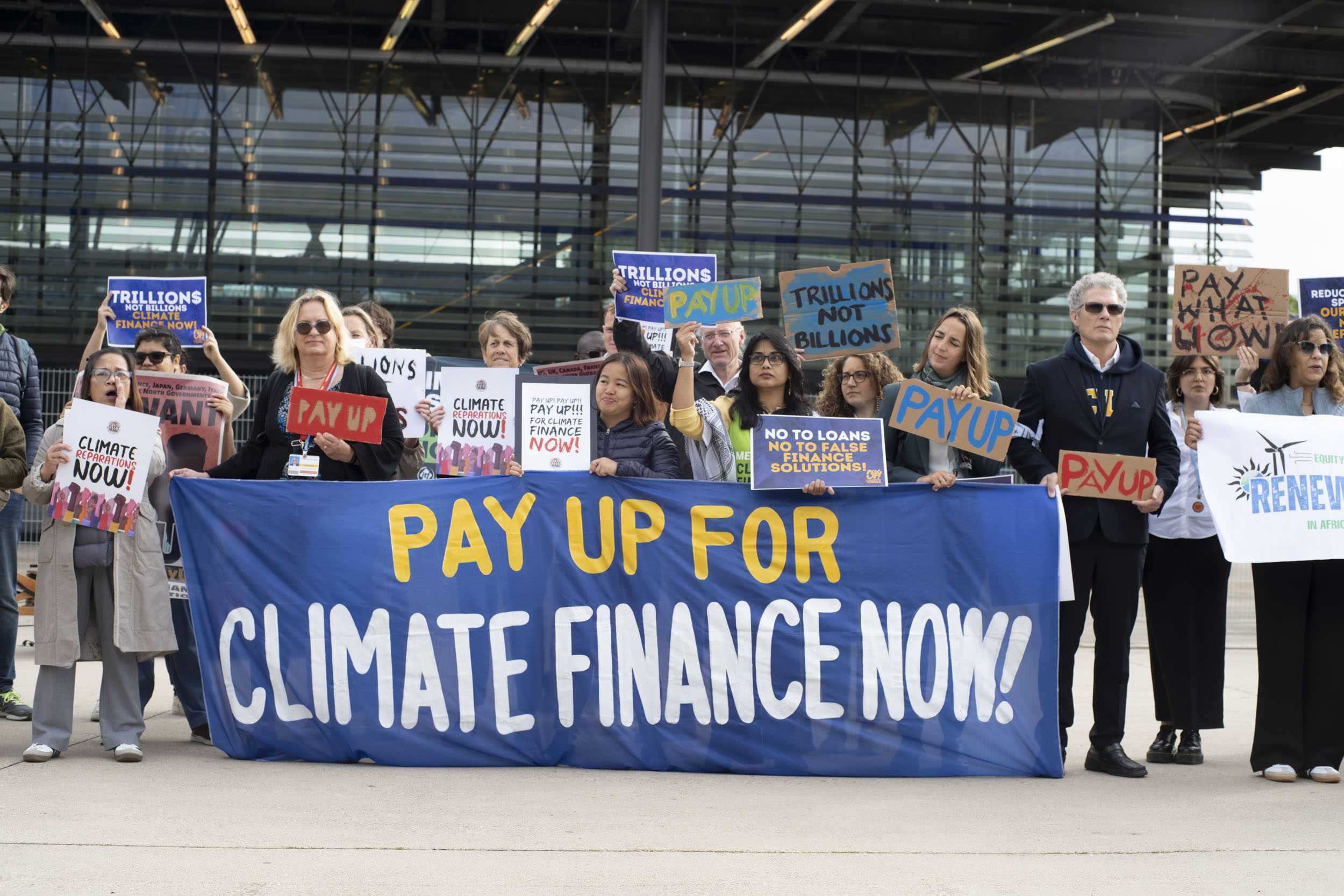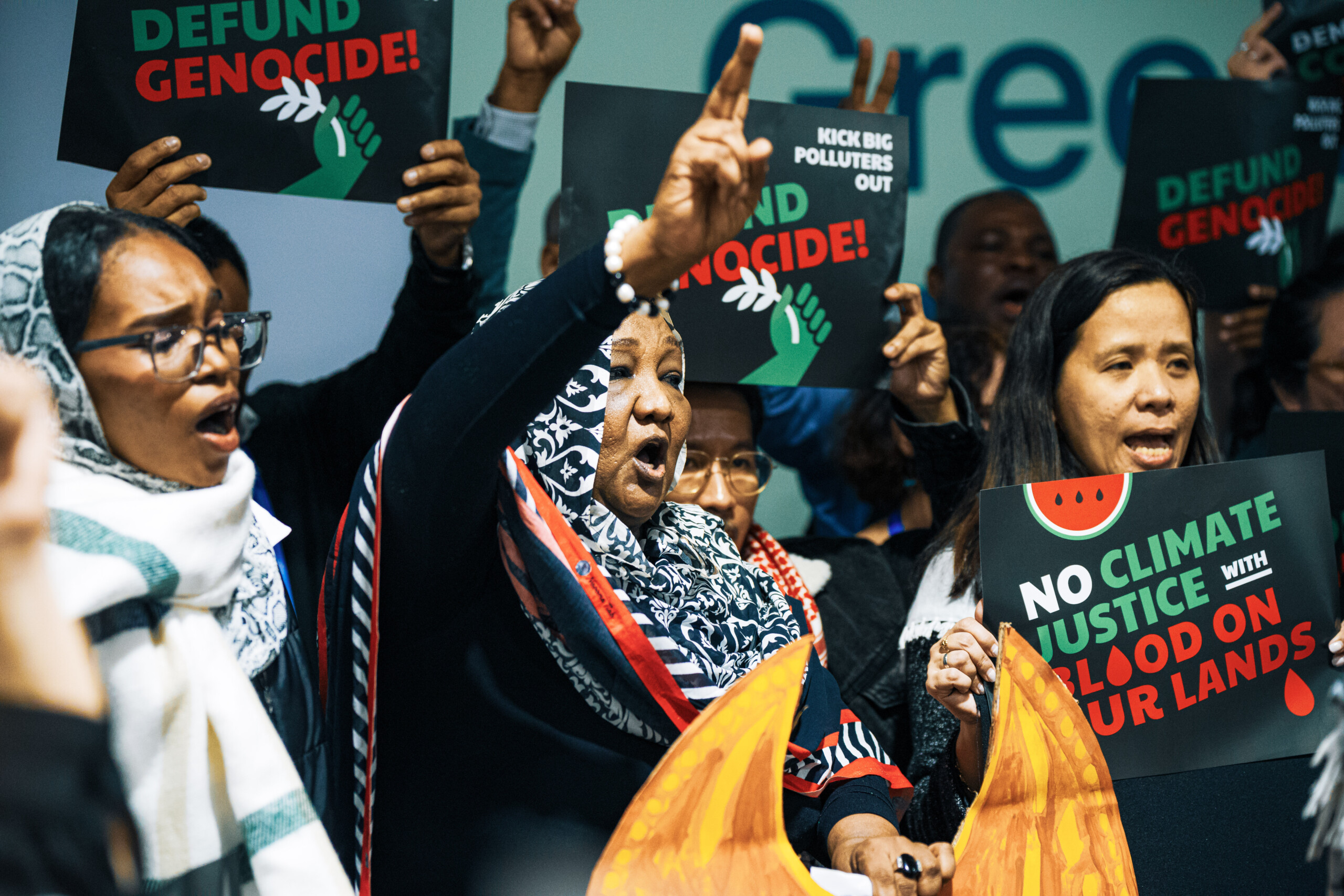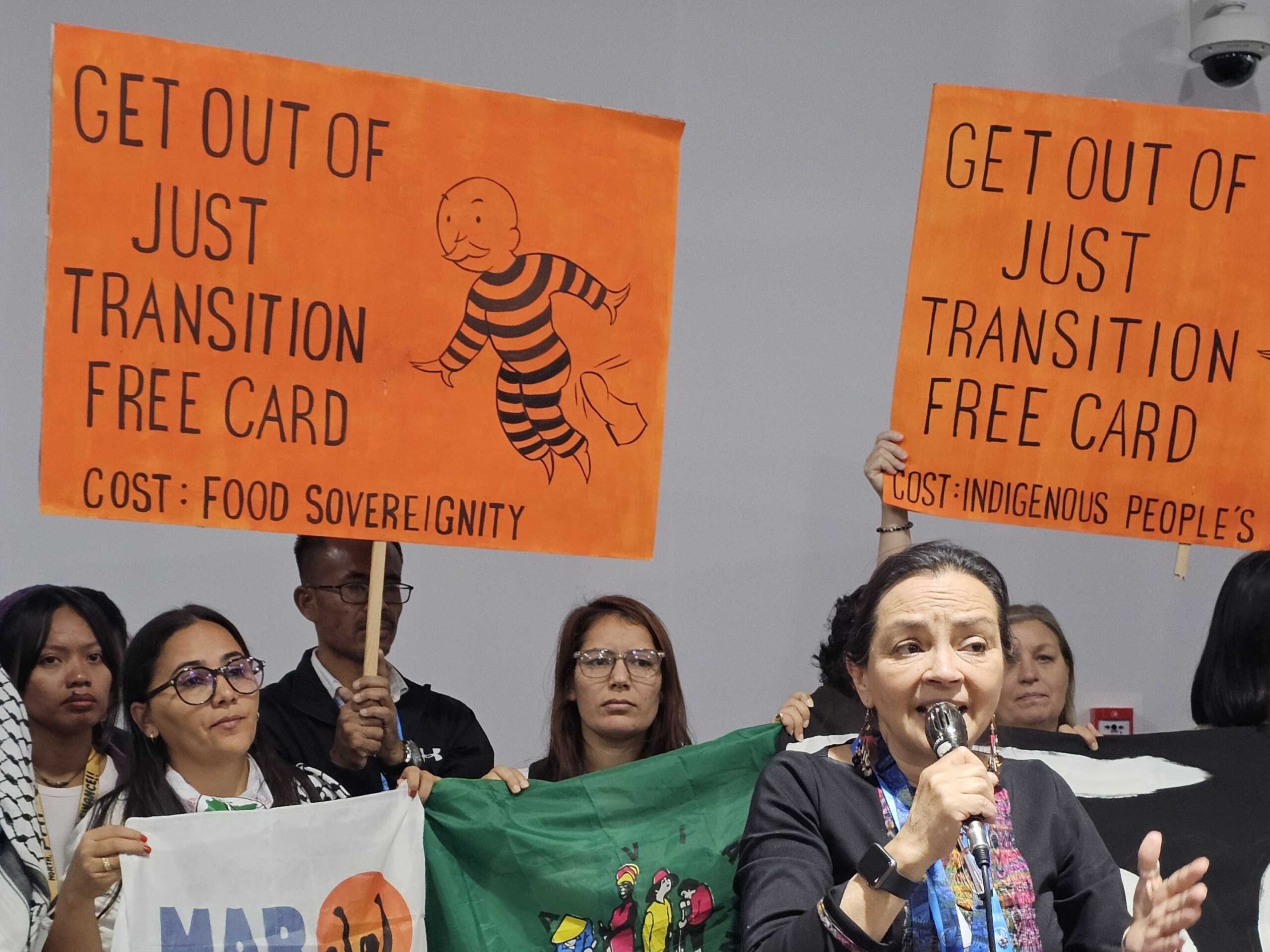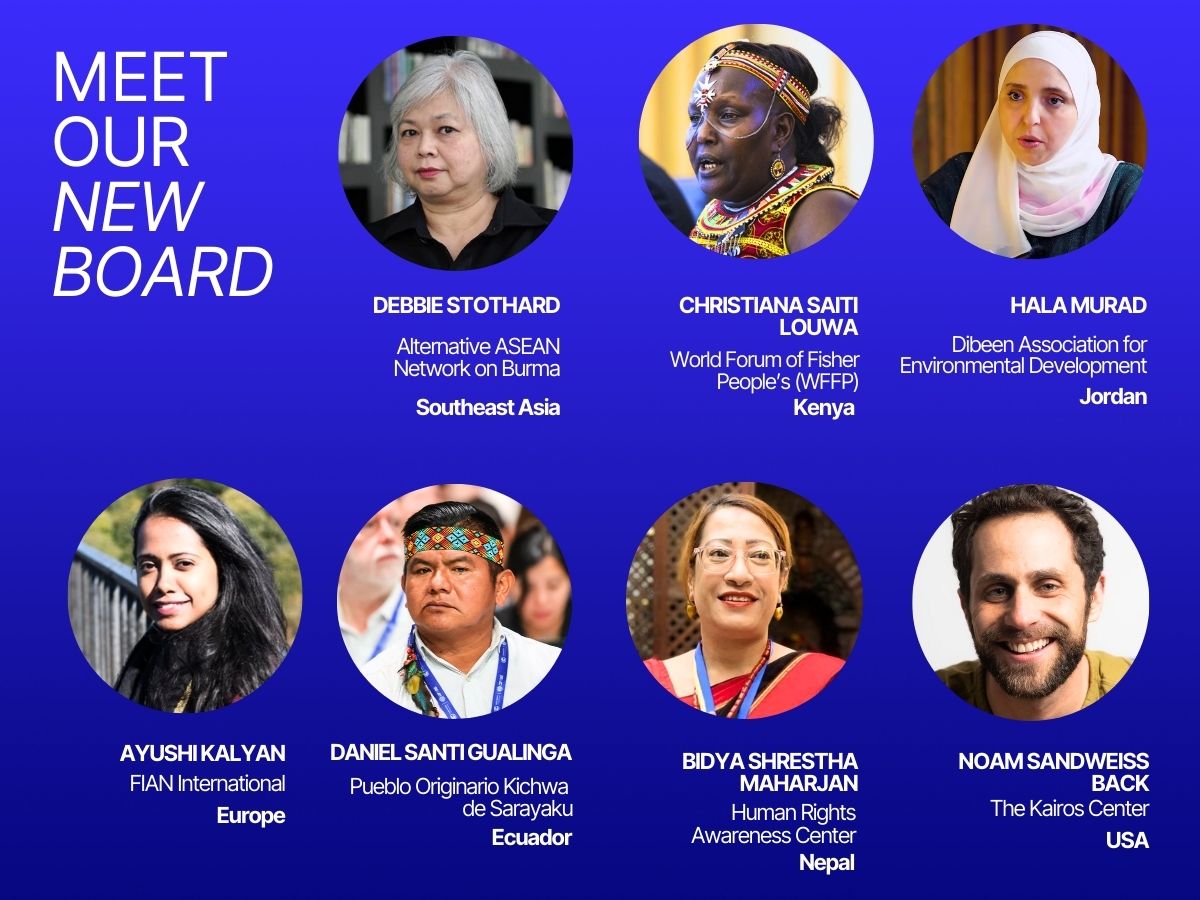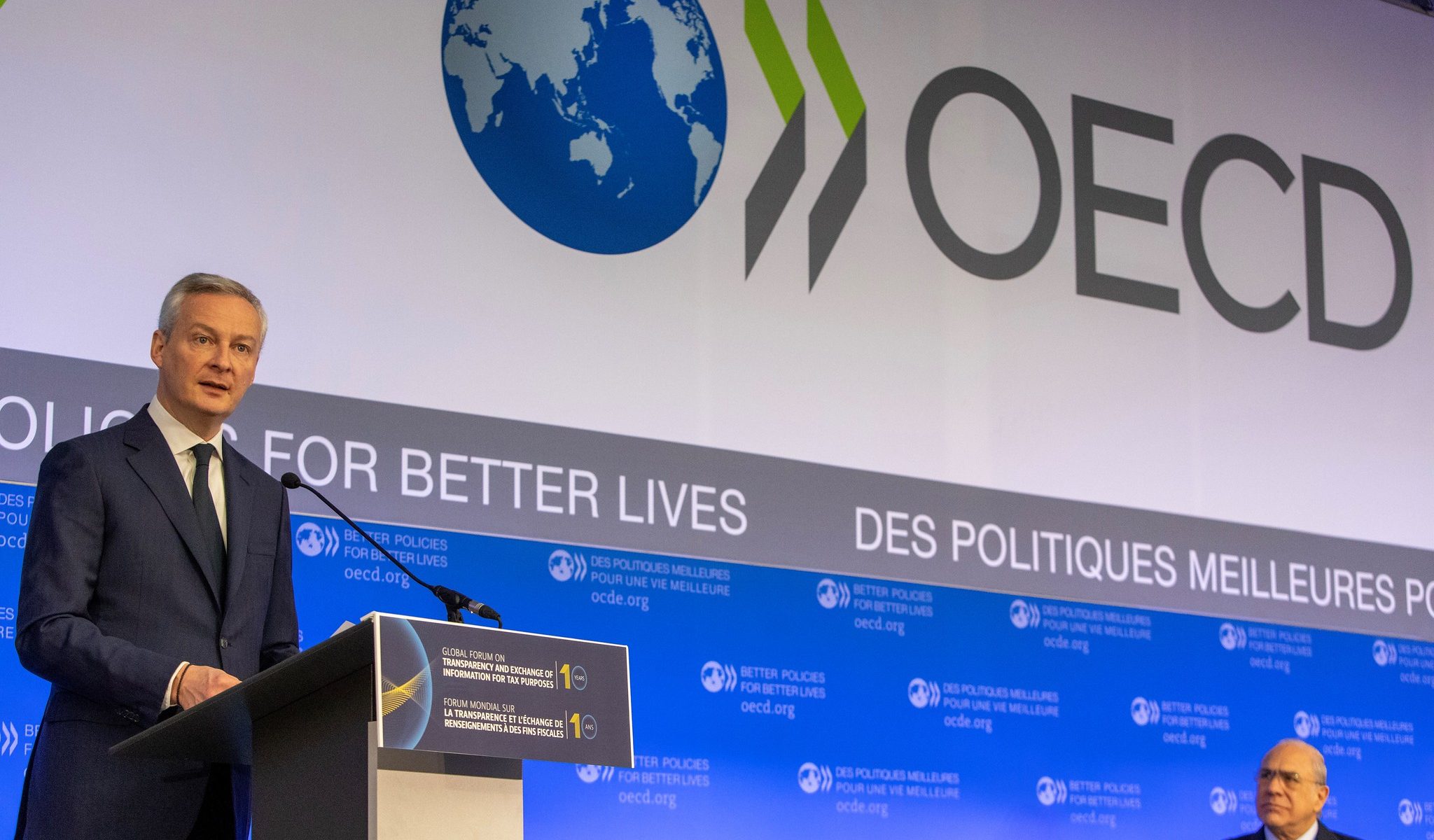The conclusion of COP29 in Baku, Azerbaijan, marks another injustice in the global fight against climate change. Instead of delivering on promises of meaningful climate action, the summit unveiled outcomes that exacerbate global inequities, harm frontline communities and fall alarmingly short of addressing the scale of the climate crisis.
For more than 30 years, the global climate movements have repeatedly asked: “Where is the Finance to tackle the worsening climate crisis?”. COP29 answered with a resounding failure, sidelining the needs of the Global South while emboldening the interests of Global North corporations and countries whose wealth was built on the exploitation of lands and oceans and the deprivation of communities’ livelihoods and sovereignty. ESCR-Net participated in COP with more than 20 members, amplifying calls for accountability, reparations, and peoples-led solutions. Yet, the summit’s outcomes have reinforced the dominance of the Global North and prioritized profits over peoples and the planet.
